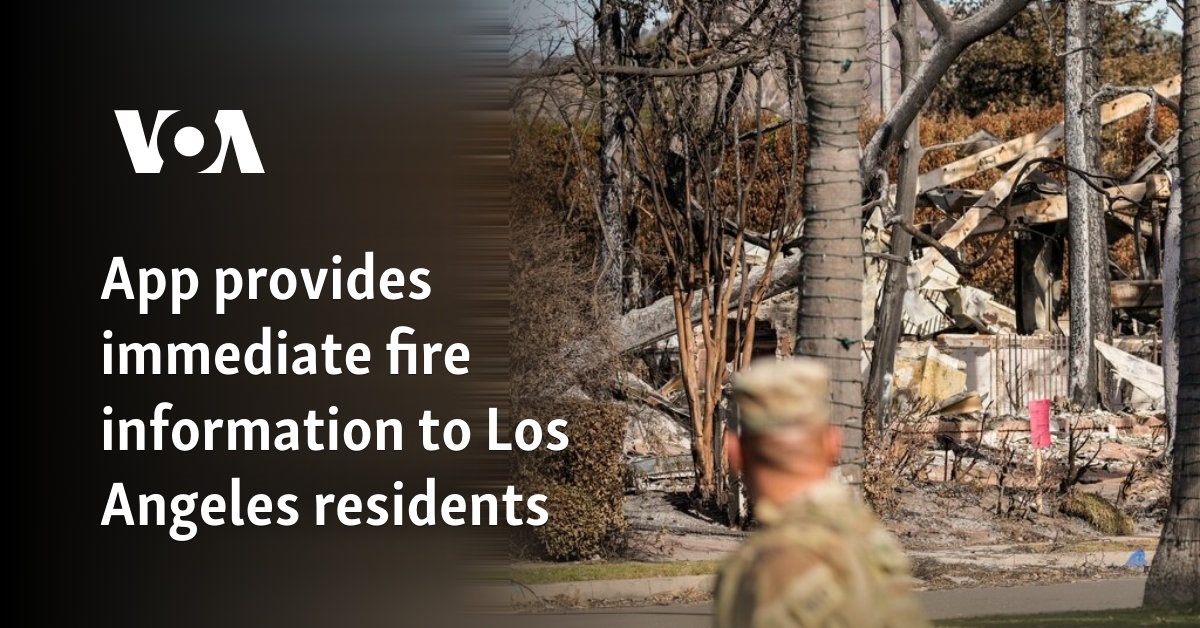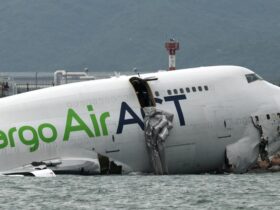Every morning, garbage trucks pass through the Albanian capital, Tirana, before heading to the Sharra landfill site, a growing mountain of garbage on the outskirts of the city.
Seven years after the government promised to build a modern waste-to-energy plant, the project remains incomplete and is under investigation for corruption.
Home to almost one million people, which is almost a third of Albania’s total population, Tirana produces almost half of the country’s municipal waste.
The city’s rapid expansion has left its infrastructure far behind: waste collection here is irregular, recycling is almost non-existent and the main landfill site is close to full capacity.
The waste crisis is at a tipping point
Olsi Nika, an environmental expert and director of the NGO Eco Albania, says the capital’s waste crisis has reached a critical point.
“It’s not just bad management, it’s a system that never really worked,” he told DW. “The incinerators that were supposed to solve the problem never operated, and the collection points around them are now overflowing. At Sharara, the capital’s main landfill, a new section was opened, but it cannot continue to grow indefinitely.”
The situation in Tirana reflects a wider problem across the country.
According to the Albanian Institute of Statistics (INSTAT), Albania will generate approximately 820,000 tonnes of urban waste in 2022. About 77% was sent to landfill, less than 20% was recycled and the remainder was either incinerated or left uncollected.
For Olsy Nika, these figures confirm how fragile the system is.
“Local governments lack the capacity and coordination to properly manage waste,” he said. “Most of them operate without adequate infrastructure, and waste separation at source is almost non-existent.”
Waste management key to joining the EU
As Albania moves towards EU membership, environmental reform has become one of its biggest tests.
Waste management, long seen as a local issue, is now at the center of the country’s EU accession agenda.
Chapter 27 of the EU negotiations, which covers environment and climate, is widely considered the most complex and expensive.
Albanian Prime Minister Edi Rama called it “the most challenging negotiation chapter and the hardest part of our EU accession”, noting that progress in waste processing has so far been limited.
Will the government’s plan make a difference?
The government responded by introducing a draft law on integrated waste management and announcing plans to create a National Waste Operator, a public agency that would coordinate waste collection and treatment across the country.
The reform marks a shift from the current model, where municipalities manage waste locally, towards a centralized system that aims to improve efficiency and bring national legislation closer to EU environmental standards.
Environmental expert Olsi Nika says reform could help, but only if it is followed by institutional restructuring.
“Centralization may improve coordination,” he explained, “but without political will, transparency and funding, the new law will suffer the same fate as previous strategies.”
From rivers to tourism: the price of neglect
Twenty-five-year-old environmental activist Denisa Kassa spends her weekends by the banks of Albania’s polluted rivers.
Last year he founded it ,‘RJEDHA,” is a citizens’ initiative that aims to explore and clean the country’s rivers.
What started as a small activity now involves over 180 volunteers from across the country.
“Many rivers have turned into transport systems for waste,” Casa told DW. “There are no dustbins or collection services in many villages, therefore, people throw their waste directly into the river or along its banks.”
With their cleanup campaigns, volunteers try to reach out to local people who are more aware of the problem than others and encourage them to participate in future events.
But CASA says awareness is still limited. “People often expect change to come from somewhere else, not from themselves,” she says. “Environmental institutions have done very little to create that culture.”
Impact of Albania’s growing tourism sector
Environmental expert Olsi Nika says the problem extends far beyond people’s understanding.
“It is no longer just a source of pollution,” he explains. “Rivers carry waste along their course and when plastic is burned, it spreads into the soil, groundwater and even the air. Over time, it breaks down into smaller particles that enter the food chain, posing an invisible but widespread threat.”
For Denisa Kassa, the pollution runs contrary to the image of a tourist-friendly Albania that the government has been promoting in recent years.
“If we can’t manage our waste then tourism should be the last thing we promote,” she says. “Visitors see plastic along highways, rivers and beaches, the same nature we try to promote.”
Casa emphasizes that tourism only exacerbates the problem: “More plastic, more consumption. Without a proper waste system, this can easily turn into a boomerang,” she says.
“You may still be surprised by the nature of Albania, but it’s hard not to be disappointed by the way it is treated,” says Casa.
Edited by: Angiel Flanagan






Leave a Reply